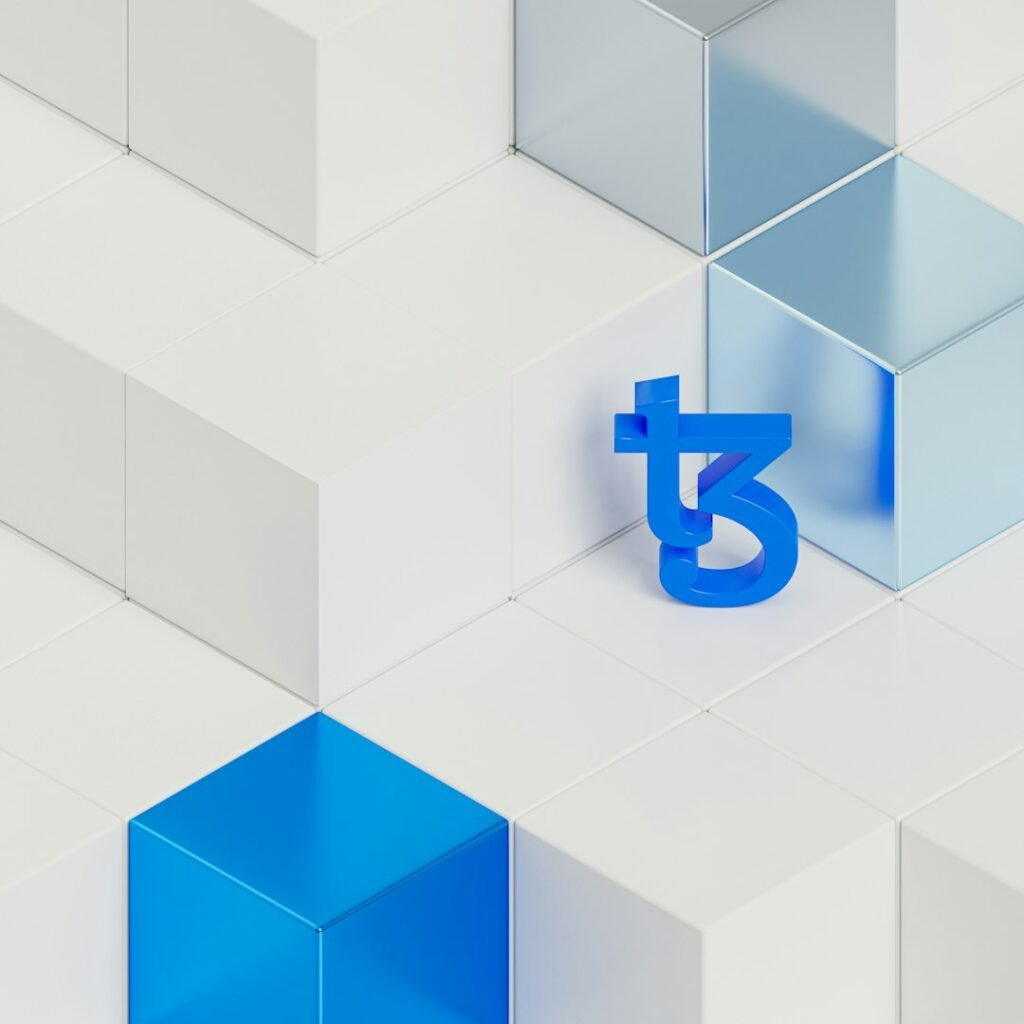The Indispensable Role of Escrow in Building a Trusted P2P Crypto Exchange In the rapidly evolving world of digital finance, peer-to-peer (P2P) cryptocurrency exchanges have emerged as a powerful alternative to their centralized counterparts. They offer users unparalleled privacy, greater control over transactions, and flexibility in payment methods. Yet, the very nature of decentralized, direct trading introduces a fundamental challenge: trust. How can a buyer be sure they will receive their digital assets after sending payment? How can a seller trust that a payment will actually clear? The answer, and the cornerstone of any successful P2P trading platform, is a robust escrow system. This isn't just an added feature; it's the critical infrastructure that bridges the trust gap between strangers on the internet, enabling secure and confident transactions. This article delves into why escrow is non-negotiable in P2P crypto exchange development, how it works, and the profound impact it has on user safety and platform growth. Understanding the Escrow Mechanism in P2P Trading At its core, an escrow service acts as a neutral, trusted third party in a transaction. In the context of a P2P crypto exchange, the platform itself fulfills this role. The escrow system temporarily holds the cryptocurrency involved in a trade until all pre-agreed conditions are met by both the buyer and the seller. Here’s a step-by-step breakdown of how a typical escrow-powered trade works: Agreement: A buyer and seller agree on terms: the amount of crypto, the price, and the payment method (e.g., bank transfer, PayPal). Initiation and Locking: The buyer initiates the trade. The seller's cryptocurrency is automatically locked in a secure, platform-controlled escrow wallet. At this point, neither party can unilaterally access these funds. Payment: The buyer sends the fiat payment to the seller using the chosen method. The buyer then marks the payment as "complete" on the platform. Confirmation: The seller confirms receipt of the payment in their bank account or payment app. Release: Once the seller confirms receipt, the platform instantly releases the crypto from escrow to the buyer's wallet on the exchange. Completion: The trade is complete, and both parties are invited to rate each other, building their reputation within the platform's ecosystem. This process ensures that the buyer never has to send money blindly, and the seller never has to release crypto without confirmation of payment. The escrow system de-risks the transaction for both sides. Why Escrow is the Bedrock of a Successful P2P Exchange Integrating a secure escrow system is not merely a technical choice; it's a strategic business decision with far-reaching benefits. 1. Building Fundamental Trust and SecurityThe primary function of escrow is to eliminate the risk of fraud. It protects buyers from sellers who might take payment and disappear, and it protects sellers from buyers who might issue fraudulent chargebacks or false claims of payment. This foundational security is what allows strangers to transact with confidence, forming the very basis of your platform's value proposition. 2. Enabling a Transparent Dispute Resolution ProcessDespite best efforts, disputes can arise. A payment might be delayed, a seller might not confirm, or there could be a disagreement over the payment amount. An integrated escrow system provides a clear framework for handling these situations. Since the funds are held by the platform, support teams can intervene, review chat logs and payment evidence, and mediate a fair outcome—either releasing the crypto to the buyer or returning it to the seller. This transparent process is vital for maintaining user satisfaction and platform integrity. 3. Fostering a Reliable User Rating SystemUser ratings and reviews are the social proof that powers P2P marketplaces. However, a rating system is only valuable if the underlying transactions are secure. Escrow ensures that trades are completed satisfactorily before users can leave feedback. This leads to more accurate and trustworthy ratings, allowing reliable traders to build strong reputations and helping new users identify trustworthy partners. 4. Enhancing Liquidity and User AdoptionA platform known for its security attracts more users. Traders are naturally drawn to environments where their assets are protected. By offering a secure escrow service, your exchange becomes a more attractive venue, encouraging higher trading volumes and improving liquidity. This creates a virtuous cycle: more users attract more users, fueling the growth of your platform. 5. Providing a Significant Competitive AdvantageIn a crowded market, a reputation for ironclad security is a powerful differentiator. While many platforms offer escrow, the implementation matters. Promoting a seamless, smart-contract-driven, and highly secure escrow system can be a key marketing point that sets your P2P exchange apart from less secure alternatives. Key Features of a Robust Escrow System Not all escrow systems are created equal. A well-developed P2P platform will include these essential features: Smart Contract Integration: Automating the escrow process with smart contracts on a blockchain ensures tamper-proof execution. The funds are released automatically only when the predefined conditions are met, removing any need for manual intervention and reducing the potential for human error or bias. Multi-Signature Security: For an added layer of protection, escrow wallets can require multiple private keys to authorize a transaction. This prevents any single point of failure. Clear Dispute Resolution Protocol: A well-defined, easy-to-follow process for raising and resolving disputes is crucial. This includes dedicated support staff trained to handle conflicts fairly and efficiently. Transparent Timers: Incorporating clear countdown timers for each step of the trade (e.g., time to make payment, time to confirm receipt) keeps transactions moving and prevents funds from being locked indefinitely due to user inaction. The Technical Backbone: Developing a Secure Escrow System Building a secure escrow mechanism requires careful planning and execution. Choosing the Blockchain: The selection of the underlying blockchain (e.g., Ethereum, Binance Smart Chain) will impact transaction speed, costs, and smart contract capabilities. Smart Contract Auditing: The smart contracts governing the escrow logic must be meticulously coded and audited by third-party security firms. Any vulnerability could lead to the catastrophic loss of user funds. Secure Wallet Infrastructure: The escrow wallets must be part of a highly secure, institutional-grade custody solution, often involving a mix of hot wallets (for quick transfers) and cold storage (for the bulk of funds). Conclusion: Escrow is Not an Option, It's a Necessity For any entrepreneur or business looking to venture into P2P crypto exchange development, understanding the critical role of escrow is paramount. It is the indispensable feature that transforms a risky proposition into a trusted marketplace. It is the engine that builds user confidence, facilitates secure transactions, resolves disputes, and ultimately drives platform growth and liquidity. An investment in developing a robust, secure, and user-friendly escrow system is an investment in the very foundation of your exchange's success. In the world of P2P trading, trust is the most valuable currency, and escrow is the mint that produces it.












